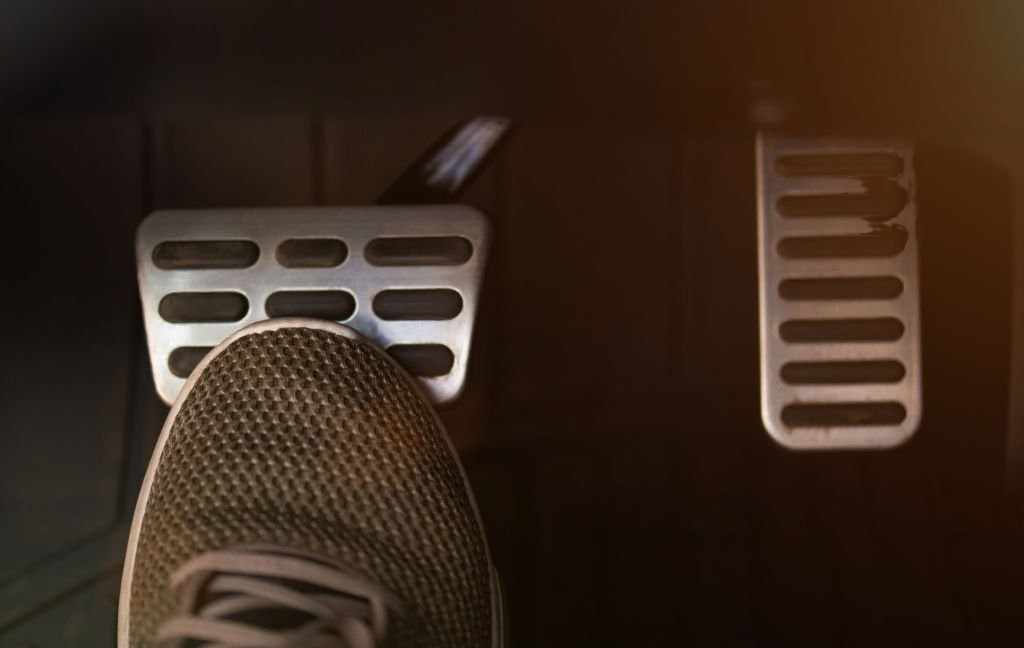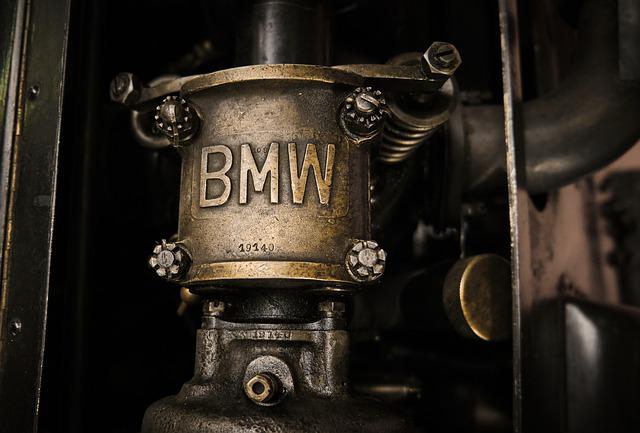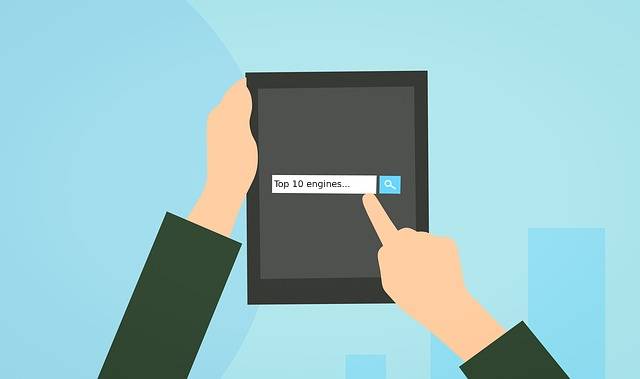15 Common Reasons Your Car isn’t Accelerating Properly
Find Used Engines and Transmissions for a Great Price! Live Assistant For Used Engines Call 1800-518-9776

Who doesn’t like a drive as smooth as butter ? We all do. What we don’t like are the issues causing a troubled car ride.
You might face a lot of problematic issues with your vehicle engine even its a new one or a used engine while ensuring that your car stays in a good condition. Out of all, you discover that when you start your car it doesn’t speed up or you encounter a rough start.
You witness car acceleration problems and want to know why my car is not accelerating.
There could be innumerable factors where your car engine won’t accelerate properly. We have combined a list of all the factors to help you identify the stressful acceleration and how you can deal with them.
Know all about why your car is not accelerating
Let’s dive deep into the reasons and find out why your car is not accelerating properly.
1. Dirty Air Filter
Like we need oxygen to survive, our cars require oxygen for the process of combustion. To make sure your car gets a good mixture of air, it has air filters.Air filters of the car filter the air and protect it from the road’s debris and prevent any dust or sand particles, leaves, mud, dirt and insects from entering and support its performance.
An old and worn out fuel filter will be more of a problem instead of protecting your car. A clogged and dirty air filter will make it extremely difficult for you to accelerate.
To avoid car acceleration problems, you must ensure that the air filters are clean or get them changed. Clean air filters support maximum power.
2. Clogged fuel filter
Like an air filter, a fuel filter also removes the impurities like dust and grit contained in the fuel. It protects your fuel injectors. A fuel filter plays a crucial role in maintaining the performance and longevity of your car by eliminating these contaminants. They are vital for smooth running of your vehicle.
You may notice stalling or hesitant acceleration, when you have problems related to the fuel system. It mustn’t be clogged, for a clogged filter will make the fuel pump much harder and you might experience car acceleration problems.
Changing your clogged fuel filter is necessary to maintain the performance of your car’s engine. Not replacing it will reduce the fuel flow and weaken engine performance as it will face difficulties in drawing fuel.
3. Faulty TPS (Throttle Position Sensor)
If your car is not accelerating and you are experiencing sudden surges in the speed while driving, it's a symptom of a faulty TPS.
The Throttle Position Sensor in your engine is responsible for transmitting the information about the position of the throttle. During acceleration, TPS handles the acceleration adjustments and measures to what extent the gas pedal is depressed.
A broken or a clogged sensor with dirt would not allow the proper engine functioning. You will face difficulty in acceleration because the defective sensors would not be able to identify and tell the engine about how much fuel is required.
Make sure to replace the malfunctioning TPS and continue with a smooth ride.
4. Clogged (MAF) Mass Air Flow Sensor or Oxygen Sensor
As the name suggests, MAF senses and measures the amount of air flow into the car’s engine. It must send the correct readings to the engine. Otherwise, the engine would either get too much fuel or too little fuel.
During acceleration, you will notice that the car is stalling and jerking, leading to hesitant acceleration. This can cause serious accidents and hurt you.
You should get your vehicle examined immediately, get the dirty air flow sensors cleaned and be saved from untimed detonations.
5. Problems with ECU
ECU is the Electronic Control Unit and is the brain of your vehicle. You won't be able to start your car with a malfunctioned ECU. ECU is responsible for calculating what the sensors of your vehicle tell it. It would incorrectly calculate the fuel and energy level output of your vehicle if the sensors are not working properly.
It is like a chain. If one part is not working well, it will lead to another part not working appropriately. Hence, your vehicle will detect all kinds of errors and cause acceleration problems.
Get your Engine Control Module tested if you are unable to get your automobile started again.
6. Technical issues with Limp mode
Your car has a lot of components assembled together for you to experience smooth driving. And for a fact, we know that the more we use a machine, it causes exceptional wearing and tearing of the parts.
Technical issues with the limp mode can lead to reduced speed of the car. Let us explain how. If ECU detects any issue, Limp mode gets activated in the car and it turns off the less important parts of the car (for eg- air conditioner) to turn off.
It will lead to transmission errors and you won’t be able to change the gears with ease. As a result, the car won’t accelerate properly. Let an experienced car mechanic scrutinise the issues and make sure to get it resolved.
7. Issue with altitude
If you go uphill, your car is likely to face difficulty going up. Altitude will have a negative effect on acceleration. You will notice hesitant acceleration. With higher altitude, the density of air decreases. So what happens to your car ? The reduced air can result in 20% reduction in the power supply.
This isn’t a very serious problem and is only situational. Just make sure to keep the air filters and fuel injectors clean. We have already discussed why keeping them clean is important. It will reduce the stress on your vehicle and you won’t have to worry about driving uphill.
8. Dirty Spark Plugs
Your car won’t accelerate properly if you haven’t removed any debris on the outside of the spark plugs and haven’t cleaned them well. Spark plugs supply an electrical spark to the engine for the ignition and help your car move forward.
So, a broken or corroded spark plug is the reason preventing the complete burning of the fuel. It can cause misfiring and it is enough to trouble you to further cause severe car acceleration problems.
But don’t be stressed. You can help yourself and fix it. Just wait for the engine to cool down. Be ready with a torch to locate the spark plug wires and a sandpaper to scrape off the spoilage on the plugs. Head to a mechanic if you are unable to identify the parts well and are not positive about cleaning it by yourself.
9. Stressed Gas pedal
Here’s a hypothetical situation for you. You are driving and something falls off to which you didn’t pay much attention. Most of the time it also happens and we think we'd pick it up later but forget.
In such a scenario, that thing might make its way and get stuck under the gas or the brake pedals. It will limit your control and hamper the acceleration of your vehicle.
So what should you do? Simply pull over and safely pull it away from the gas pedal and ensure that nothing limits your control during acceleration or deceleration.
10. Failed Clutch
We know how relevant a clutch is in any vehicle. It is not at all recommended to drive with a broken or faulty clutch. It will cause acceleration issues if the clutch cannot capture the proper connection between the engine and the transmission. It is advisable to get the clutch replaced for the safety of yourself and your loved ones.
11. Near empty fuel tank
The most common reason your car won’t accelerate could be because the fuel tank is about to empty. But we always ensure the appropriate fuel levels in advance so that we do not end up being stuck in a place with limited gas stations around.
However, if the tank has enough fuel and still your car won’t accelerate, it could also be because of the leaking fuel or the bad gas full of dirt, clogging up the filters.
12. Compression Issues
The compressor in your car is related to a turbocharger. What it does is to compress more air in the combustion chamber so that the engine performance is increased. The engine has vacuum lines needed for the transportation of air and fuel to the parts needed.
If the compressors or the vacuum lines are blocked, you will have acceleration issues. To identify more compressor issues, you will need a mechanic’s help and get the problematic parts replaced.
13. Damaged emission control sensors
We have already discussed how sensors play an important role. They all sense and measure the importance of appropriate amounts of air, fuel, power etc. needed by the engine. Similarly, emission control sensors reduce and keep the emissions (oxides and other gas pollutants) controlled which are produced from the engine.
You might wonder how these gases emitted from the vehicle can cause acceleration problems? Let us explain to you how. Fuel tank, carburetor, exhaust and crankcase are some important components of a car that release gases. They are necessary to run the car. With a faulty sensor, your engine will overheat and make it difficult for you to enjoy an effortless car ride.
14. Misaligned timing belt
Of all the issues discussed related to troubles associated with the acceleration, the timing belt could be one of the most probable causes. Timing Belt is an important component of your car as it keeps the internal moving parts in synchronisation and ensures it operates smoothly.
During combustion, it manages the car valves, spark plugs and the piston of the engine. With a malfunctioning timing belt, these parts would collide with each other and not enough power to accelerate your vehicle would be produced by the engine.
If you have already replaced the worn-out timing belt, and the issue still persists, it is likely due to its misaligned installation.
15. Failed catalytic converter
Do not risk your life if you have the acceleration issue because of a failed catalytic converter. Firstly, know how it can be deadly. So, basically a faulty catalytic converter can catch fire.
The main function of catalytic converters is to ensure that the exhaust gases make their exit from the engine. With a faulty catalytic converter, a lot of pressure inside the engine will be created.
Ultimately, they can overheat, become clogged and contaminated, or become physically damaged leading to poor engine performance and car acceleration problems. Above all, it can cause fire.
Conclusion
Note that you must turn off the engine if you hear noises from the engine or smell sulphur or rotten eggs. Maintenance is equally important to reduce acceleration problems.
With improper training or lack of proper knowledge, it is very challenging to fix the automotive issues by yourself.
Also, the problems and the reasons we have discussed above are very troubling. This can cause your engine to damage to an extent that it becomes impossible to find a solution with it.
Your mechanic will advise you to change it completely. It can lead you to pay a very heavy price for it. So, make sure you maintain all these parts well.
If you are looking forward to affordable used engine options, you can check Used Engines Inc. We provide you with the best quality inspected used engines.
related
You May Also Like

Which BMW Has the Most Horsepower?
A car is useless if it doesn’t have good horsepower. Just imagine driving your car with sluggish acceleration and it drags on the road whenever you take it for a spin.
Read Article
10 Best Engines Made So Far By Top Engine Manufacturers
Over the years, the car industry has seen major changes. Car engines have become smarter and it looks like every new engine that rolls out is better than the other.
Read Article
How to Make Your Car Last Forever?
Isn’t it lovely when a new car works the way you want? The gears shift smoothly and the wheels roll without dragging against the road. But as your car gets older, you’ll notice that it doesn’t drive smoothly, has lower fuel mileage, and overheats easily.
Read Article